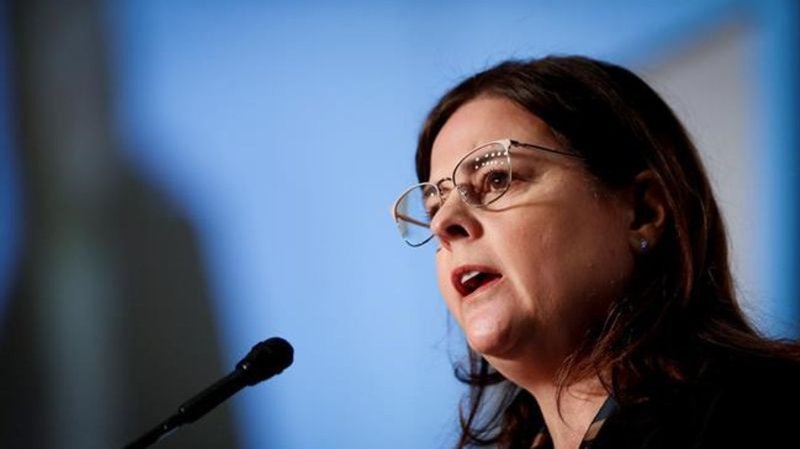
Manitoba premier to speak about deadly bus crash : In The News for June 19
In The News is a roundup of stories from The Canadian Press designed to kickstart your day. Here is what’s on the radar of our editors for the morning of June 19 …
What we are watching in Canada …
Manitoba Premier Heather Stefanson will speak with reporters today about last week’s bus crash that killed 15 people and left 10 others seriously injured.
The news conference will take place at RCMP D Division headquarters in Winnipeg at noon local time, and Stefanson will be joined by Supt. Rob Lasson, officer in charge of major crime services with Manitoba RCMP.
